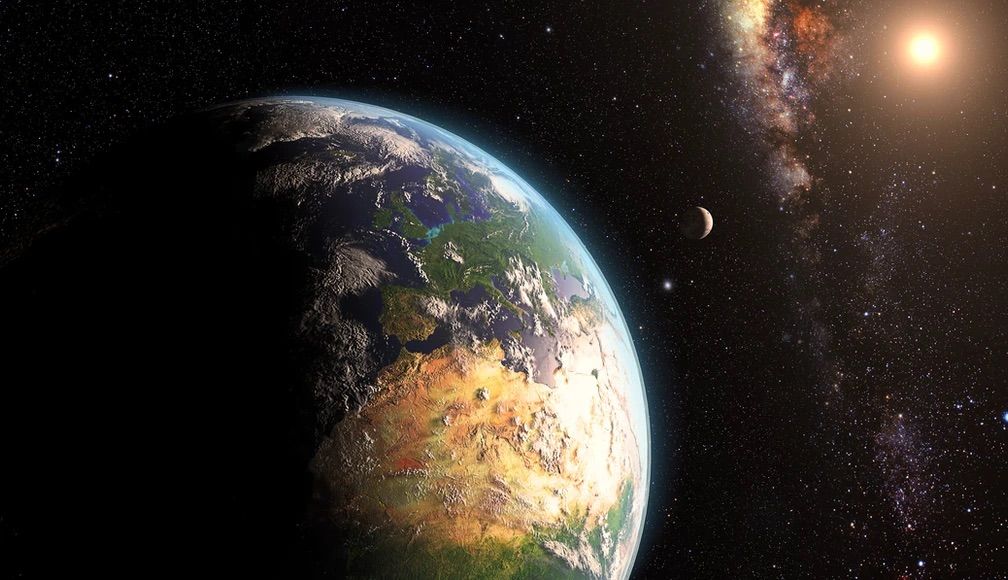There are over 5,000 diverse ethnicities in the world resulting from ancestry, history, language, and religion. The human tapestry is a richly woven one, featuring an astonishingly diverse range of languages, religions, and races. More than 7,000 distinct languages are spoken across the globe, yet just 23 of these languages are used by over half the world's population. This fascinating dichotomy underscores the extensive breadth of our global linguistic heritage and the concentrated usage of key languages such as Mandarin, Spanish, and English.
On the other hand, religious diversity too presents an intriguing landscape. Over 4,300 religions are practiced worldwide, each carrying unique traditions, beliefs, and customs. Most of the global population adheres to one of the three major religions - Christianity, Islam, and Hinduism, with an estimated 2.4 billion identifying as Christians, 1.8 billion as Muslims, and 1.2 billion as Hindus. These religions, deeply ingrained in culture and history, impact individuals' lives, shaping their worldviews, ethics, and behaviors.
As for racial diversity, despite there being only four major races—Caucasian, Mongoloid, Negroid, and Australoid—sub-races and ethnicities within these primary categories offer an even more comprehensive picture of humanity's genetic and cultural variety. This racial diversity illustrates how unique we all are, yet how interconnected we are within this shared human story.
Despite the immense diversity that separates us, the power of these distinctions is not to divide, but rather to unite us. Social, political, and economic differences indeed exist, carving chasms that often seem insurmountable. Yet it is precisely these thousands upon thousands of diversities that possess the potential to bring us together.
Understanding and appreciating the beauty of our multilingual, multi-religious, and multi-racial society can enhance mutual respect, encouraging dialogue and cooperation. Acknowledging our differences fosters a sense of curiosity, fostering a desire to learn and understand the unfamiliar. Consequently, this could inspire unity and cohesion, turning our global village into a more harmonious place to live.
In a world that often feels deeply divided, these diversities - languages, religions, and races - should serve as bridges, not barriers, reminding us of the richness of our shared human tapestry. It's through these countless diversities that we realize our commonalities, reinforcing the profound reality that we are, indeed, a global family. #forevergrateful

